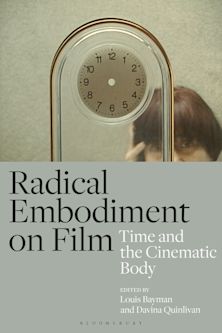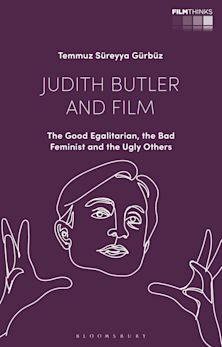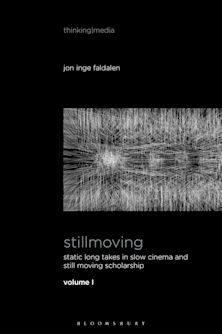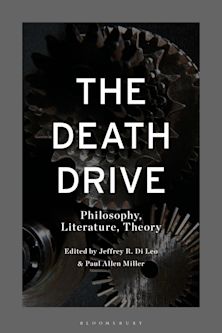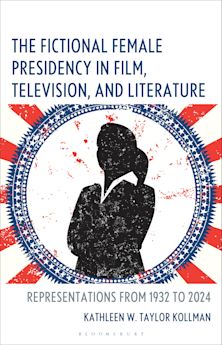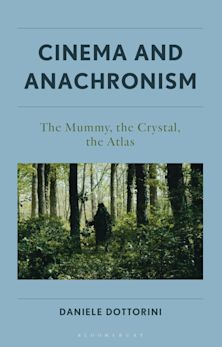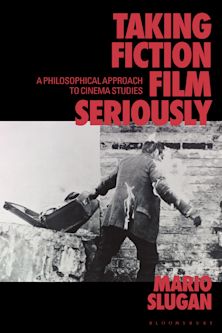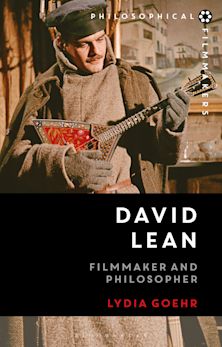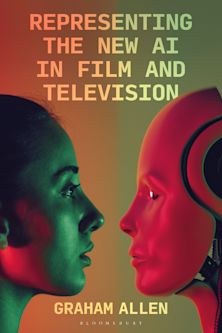- Home
- ACADEMIC
- Film & Media
- Film Theory
- Japanese Horror Cinema and Deleuze
Japanese Horror Cinema and Deleuze
Interrogating and Reconceptualizing Dominant Modes of Thought
Japanese Horror Cinema and Deleuze
Interrogating and Reconceptualizing Dominant Modes of Thought
You must sign in to add this item to your wishlist. Please sign in or create an account
Description
Using theories of national, transnational and world cinema, and genre theories and psychoanalysis as the basis of its argument, Japanese Horror Cinema and Deleuze argues that these understandings of Japanese horror films can be extended in new ways through the philosophy of Deleuze.
In particular, the complexities and nuances of how films like Ju-On: The Grudge (2002), Audition (1999) and Kairo (2001) (and beyond) form dynamic, transformative global networks between industries, directors and audiences can be considered. Furthermore, understandings of how key horror tropes and motifs apply to these films (and others more broadly), such as the idea of the “monstrous-feminine”, can be transformed, allowing these models to become more flexible.
Table of Contents
Acknowledgements
Preface
Introduction
Part One: Theory
1. Theoretical Intersections: The Japanese Horror Genre and National, Transnational and Global Flows
2. Theoretical Transformations: The Perspectives of Gilles Deleuze
Part Two: Case-Studies
3. The “Any-Space-Whatever", “Becoming-Woman" and Ju-On: The Grudge (2002)
4. Auteurship, Adaptation and the Molecularity of Audition (1999)
5. Kairo (2001): Cosmicism and “Becoming-Machine"
Conclusion
Bibliography
Index
Product details

| Published | 13 Jan 2022 |
|---|---|
| Format | Ebook (PDF) |
| Edition | 1st |
| Extent | 264 |
| ISBN | 9781501368318 |
| Imprint | Bloomsbury Academic |
| Illustrations | 45 bw illus |
| Publisher | Bloomsbury Publishing |
About the contributors
Reviews
-
Japanese Horror Cinema and Deleuze challenges conventional film analysis by exploring the genre's affective elements. Clear and engaging, this work is an important contribution to the discipline of cinema studies and is a must for students of film and philosophy.
Jay McRoy, Professor of English, University of Wisconsin - Parkside, USA
-
This book provides an important intervention into the scholarship on Japanese horror by avoiding a well-worn hermeneutic approach to cinematic analysis, examining, instead, the many interconnections that develop between the bodies of audience members, films, and nations as cinematic works are created and viewed worldwide. In so doing, this study brings a fresh perspective to some of the iconic works of the genre.
Marc Yamada, Associate Professor, Comparative Arts & Letters, Brigham Young University, USA

ONLINE RESOURCES
Bloomsbury Collections
This book is available on Bloomsbury Collections where your library has access.













